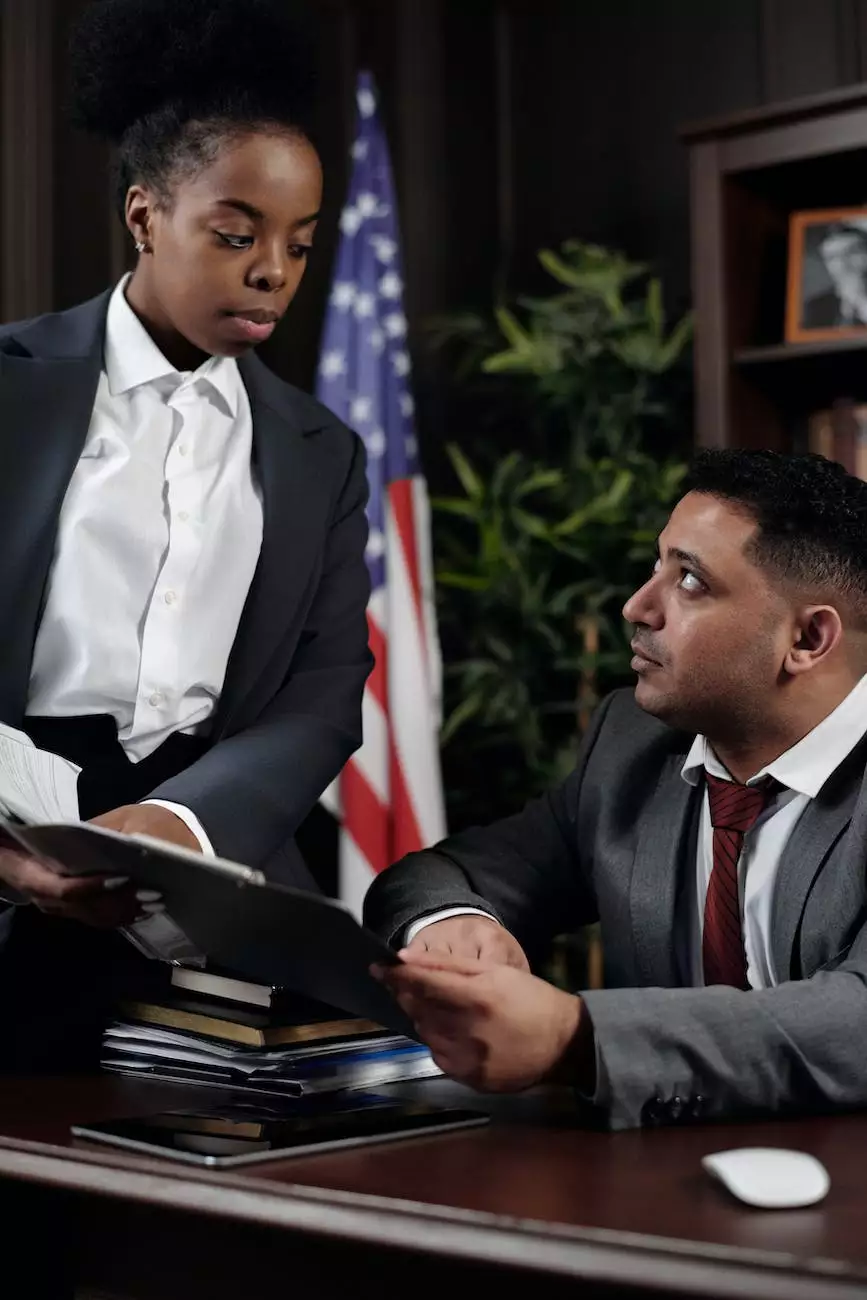Landmark Cases

Introduction
Welcome to Baytowne Reporting's comprehensive coverage of Landmark Cases. In this section, we delve into the realm of law and government, exploring the most significant legal battles that have shaped our society and influenced our legal system. Through detailed accounts and analysis, we aim to provide you with valuable insights into these pivotal moments in history.
The Brown v. Board of Education Case
The Brown v. Board of Education case is one of the most influential landmarks in American legal history. It was a milestone decision made by the Supreme Court in 1954 that declared racial segregation in public schools unconstitutional. This case paved the way for desegregation and marked a significant step towards equal rights and opportunities for all races in the United States.
The Roe v. Wade Case
Roe v. Wade is a landmark case in the field of reproductive rights and women's health. This Supreme Court decision in 1973 legalized abortion in the United States, recognizing a woman's constitutional right to privacy. The case sparked much debate and continues to shape the ongoing discussion surrounding reproductive rights and individual liberties.
The Miranda v. Arizona Case
Miranda v. Arizona is a landmark case that revolutionized the criminal justice system. In 1966, the Supreme Court established the "Miranda rights," ensuring that individuals in police custody are aware of their constitutional rights, including the right to remain silent and the right to legal counsel. This case has had a lasting impact on law enforcement procedures and safeguards the rights of individuals during arrests and interrogations.
The United States v. Nixon Case
The United States v. Nixon case marked a critical moment in American politics and established the principle of executive privilege. In 1974, the Supreme Court ordered President Richard Nixon to release secret White House recordings related to the Watergate scandal. This decision upheld the principle that no individual, not even the President, is above the law, setting an enduring precedent for transparency and accountability in government.
The Marbury v. Madison Case
Marbury v. Madison is a significant landmark case that solidified the power of judicial review in the United States. In 1803, the Supreme Court established its authority to declare laws unconstitutional. This case laid the foundation for the principle of separation of powers and the balance of power between the three branches of the U.S. government.
The Plessy v. Ferguson Case
Plessy v. Ferguson is a landmark case that shaped racial segregation laws in the United States. In 1896, the Supreme Court's ruling established the "separate but equal" doctrine, allowing racial segregation as long as facilities and opportunities were allegedly equal. This decision sanctioned segregation for nearly six decades until it was overturned by the Brown v. Board of Education case.
The Gideon v. Wainwright Case
Gideon v. Wainwright is a landmark case in the field of criminal justice and the right to counsel. In 1963, the Supreme Court decided that every individual, regardless of their financial status, has the right to legal representation. This case ensured that the accused are provided with an attorney if they cannot afford one, further protecting the right to a fair trial.
The Obergefell v. Hodges Case
Obergefell v. Hodges is a landmark case that legalized same-sex marriage in the United States. In 2015, the Supreme Court ruled that it is unconstitutional to deny same-sex couples the right to marry, granting them the same legal rights and protections as opposite-sex couples. This decision represented a significant milestone in the fight for LGBTQ+ rights.
The Engel v. Vitale Case
Engel v. Vitale is a landmark case regarding the separation of church and state in public schools. In 1962, the Supreme Court ruled that the recitation of prayers in public schools violated the First Amendment's establishment clause. This case highlighted the importance of maintaining a secular public education system and safeguarding religious freedom.
In Conclusion
These landmark cases have played a crucial role in shaping our legal system and society as a whole. Baytowne Reporting is committed to providing you with comprehensive coverage and insights into these significant moments in history. Stay tuned for more in-depth analysis and updates on landmark cases that continue to shape and influence our lives.



